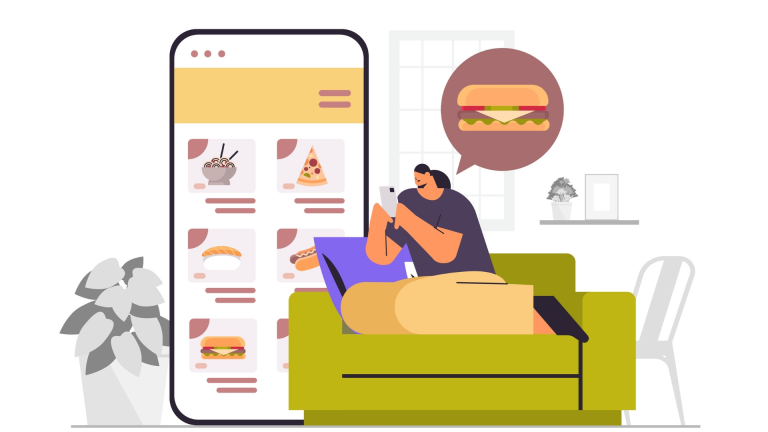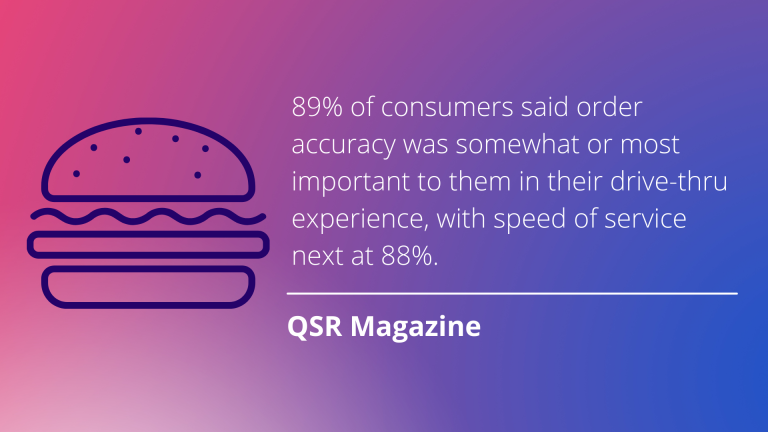QSRs and fast-casual restaurants are uniquely poised to offer customers exceptional service through conversational AI across a variety of devices, especially when accuracy and speed are at the forefront of expectations. Voice assistants are meeting the evolution of customer needs as aspects of technology—such as privacy and personalization—continue to influence what customers expect from their food ordering experience.
Customers are no longer satisfied with the simple ordering process of a decade ago but are now wanting additional avenues, such as a mobile app or self-service kiosk option, and more information with stored preferences and nutritional information. Companies not wanting to lose customers because of inferior service will want to consider how conversational AI can help address customers’ evolving needs.
The QSR industry is growing as much as consumers’ appetites. According to the National Restaurant Association, the foodservice industry is forecast to reach $898 billion in sales in 2022. As with most massive industries, with growth comes investment in new technologies, and voice assistants offer many benefits to QSRs that will generate revenue and increase brand affinity.
Recently, two in-depth reports were published on the state of QSR priorities and customer demands—the 2022 Restaurant Technology Study by Hospitality Tech and 25 Consumer Trends Restaurants Will See in 2022 by QSR Magazine. We gathered statistics and insights from these reports to examine how conversational AI can surpass customers’ demands of their ordering experience and what is on the menu for QSRs’ investing in new technology.
QSRs invest in new technology and solutions
As QSRs and fast-casual restaurants evolve with customers’ needs, technology has been a critical component of customer service strategies, allowing for more orders, quicker service, and more accurate ordering. Restaurateurs are investing and implementing new solutions year-over-year. With conversational AI on the rise, voice assistants are fast becoming an integral part of the ordering experience.
According to Hospitality Tech, 72% of restaurants report that their IT budget will increase in 2022, with 91% planning to adopt or have already adopted online ordering pickup (13% adding it for the first time) and 23% for in-car ordering (6% for the first time). Restaurateurs’ expansion into other methods of ordering, whether online, mobile, phone, or in-car, shows that solutions such as voice AI are meeting the needs of their customers, wherever they are.








